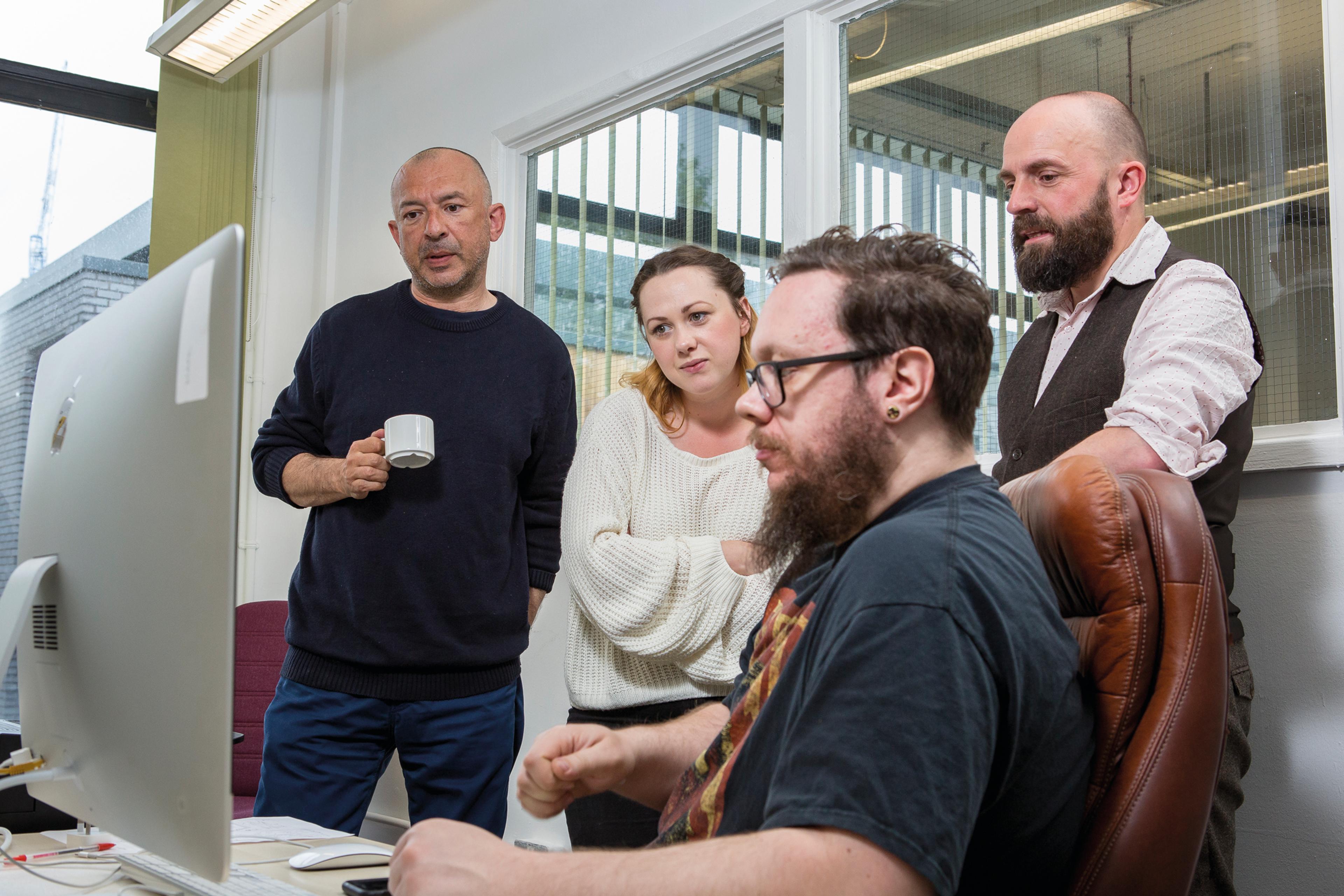Inside Serbia’s girls-only rock camp
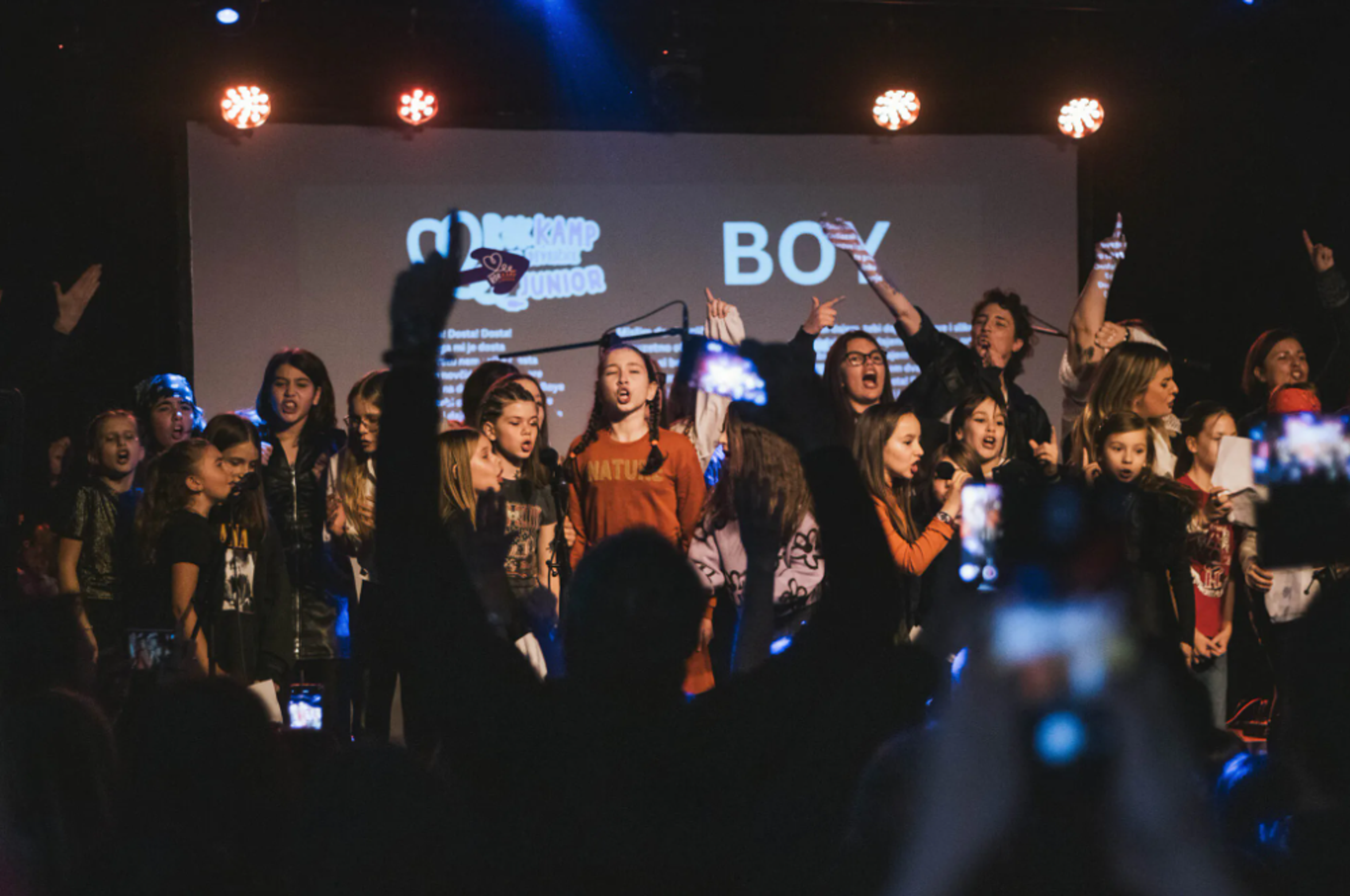
Photos: Femix Collective
By Dunja Karanović
- Street paper news

Enjoying music is simultaneously a very personal and a collective experience – we create our musical taste independently, but may be influenced by feelings of belonging to a group or a wider cultural scene. Girls who want to play indie music may be discouraged by the lack of women in rock. For girls in Serbia, support is on hand from a team of young female activists – Femix.
Rock music has always been much more than just a music genre. In the fifties and sixties, rock music already became a symbol of rebellion and freedom – freedom to be different from the rest, to think critically, and to raise one’s voice against oppression and an unjust system.
It became the norm that popular rock musicians were social activists – John Lennon used his music to advocate against the Vietnam war, while Bob Dylan challenged people to reevaluate racism and discrimination in American society.
It’s also been widely accepted that popular rock musicians were mainly men, portrayed as irreplaceable singer-songwriters, misunderstood heroes, band leaders. But for since the summer of 2017, Serbia’s Girls-Only Rock Camp has offered a unique programme for the promotion of future female voices in rock.
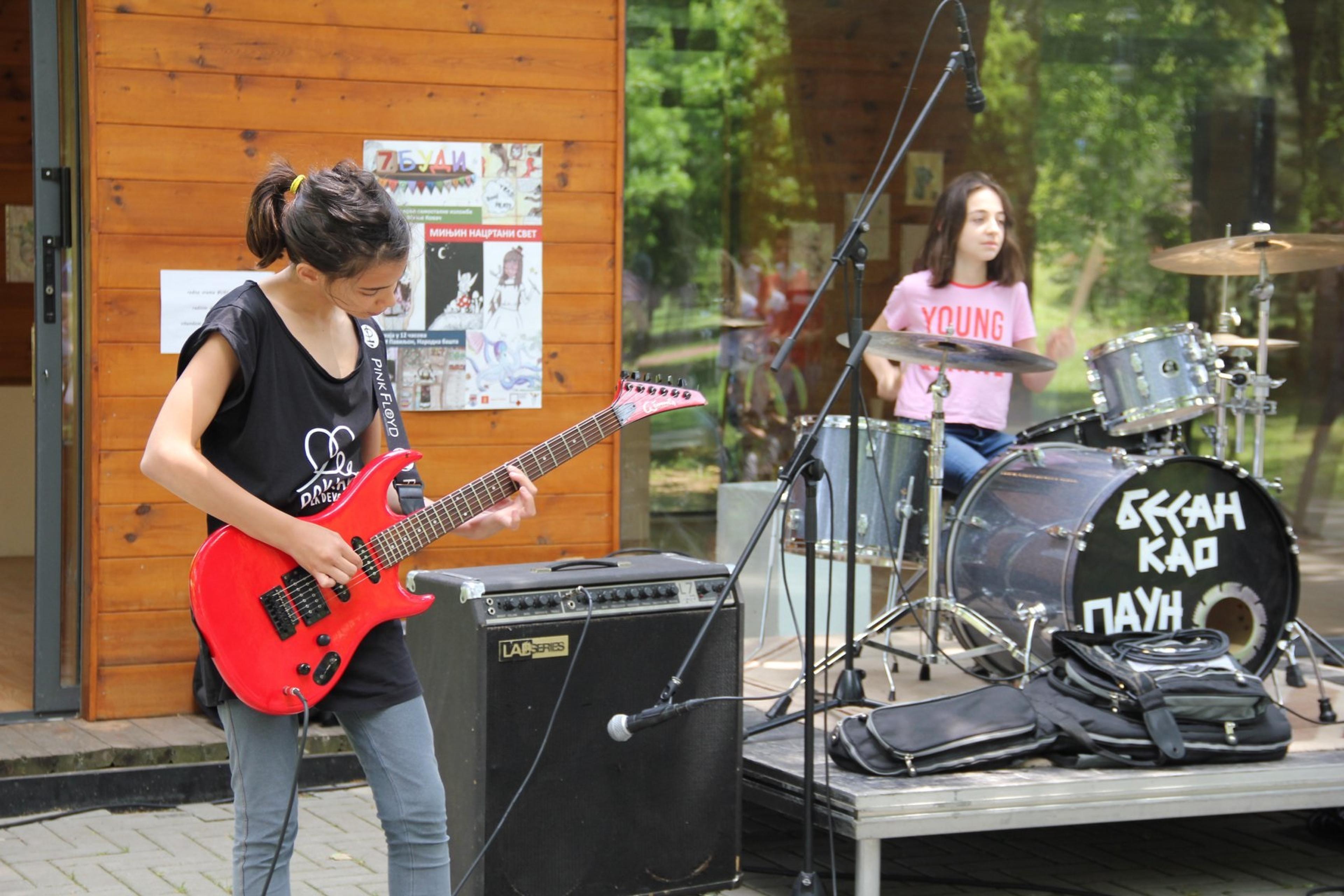
Photos: Femix Collective
Founder Tatjana Nikolic’s inspiration was the disparity between male and female rock musicians in the indie music scene.
The first camp had 32 participants between the ages of 10 and 14. They spent a week in the mountains near Belgrade, taking beginner lessons in playing the guitar, drums and piano. Supported by mentors, they were also taught how to compose music, write lyrics and form bands, and performed live on the final day.
Following this successful debut, six further groups of future female guitar players, drummers and pianists have taken part in the programme. In winter 2024, Femix also launched a junior camp specifically for girls aged 10 to 12.
“In the meantime, we have made a lot of improvements,” Femix said. “We set up a methodology so that the girls can compose their own songs, as opposed to playing somebody else’s, and created courses for music and concert production.
“Also, we want to believe that during these seven years, social perceptions have changed – that there is less stigma attached to girls wanting to play rock bands – so the community support is greater, and many parents and girls now know us well, so we have gained a lot of trust.”
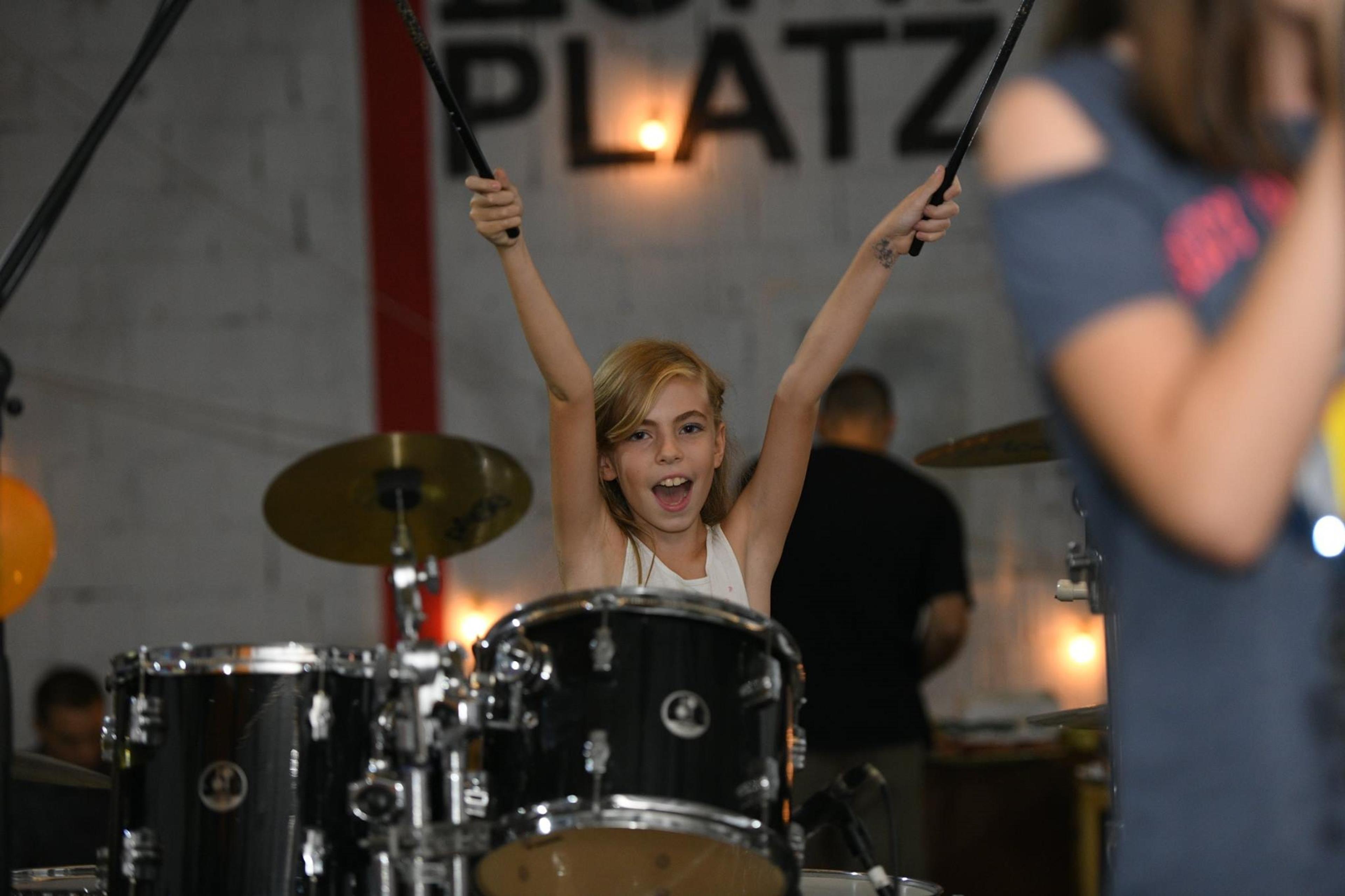
Photos: Femix Collective
The camp visits different locations every year in a bid to ensure that participants come from all over Serbia. In comparison with bigger cities, where the cultural scene is more versatile and the pressure to blend into a more homogenous community is lower, girls from more rural areas find that the camp gives them a rare opportunity to meet peers with similar interests and explore their talents in an encouraging environment.
“It’s very important that they try playing the instruments so that they can see that it is not something removed and forbidden,” said Selina Simic, a drummer and member of Femix. “We have girls who continued playing after the rock camp, but there are those who found an interest in activism, so some of our former rock camp members are now volunteering in various organisations.
“I truly think that the most important thing for them is being accepted in the camp and making likeminded friends. This is something that they say to us – that they couldn’t believe that they would find friends with green hair, the same as them, who listen to Nirvana and love indie music. I believe that that feeling of belonging is the most important thing.”
Alongside courses in playing, singing and music production, the camp provides an educational programme, membership to a youth club and an alumni club. Some former members have even had a chance to become mentors themselves and teach younger girls.
Femix also organises educational workshops designed to combat sterotypes and harmful perceptions, and thus boost girls’ self confidence, but also to provide education on digital security, public presentation, music journalism, and much more.
“Every year girls, remind us of their bravery and team spirits,” Simic says. “They are their own biggest fans, and their support for each other is something that we can all learn from.”
Courtesy of Liceulice / INSP.ngo
You may also be interested in...
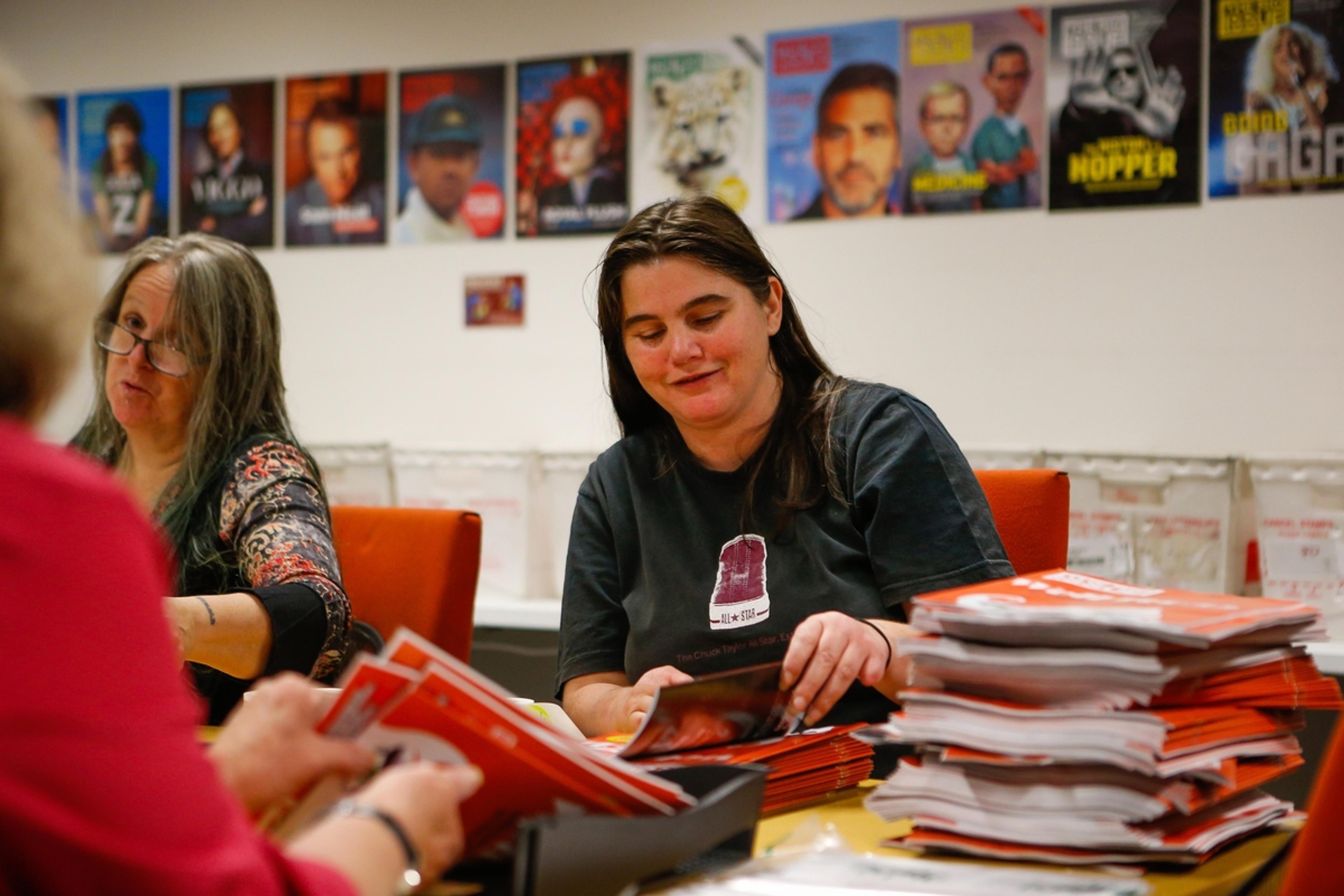
Q&A: How The Big Issue Australia is empowering women through enterprise
Read more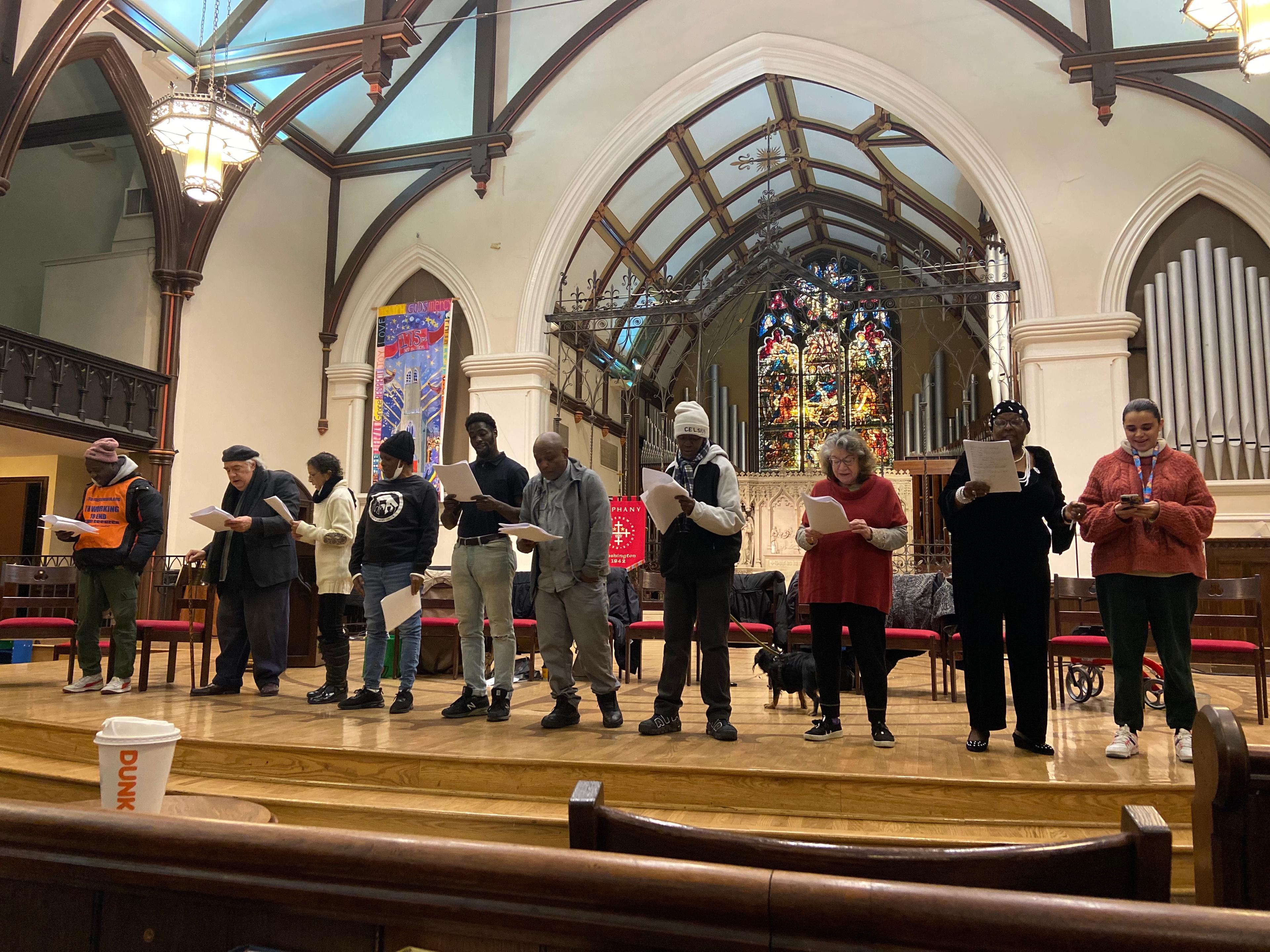
Street Sense Media vendors stage play exploring solutions to homelessness
Read more